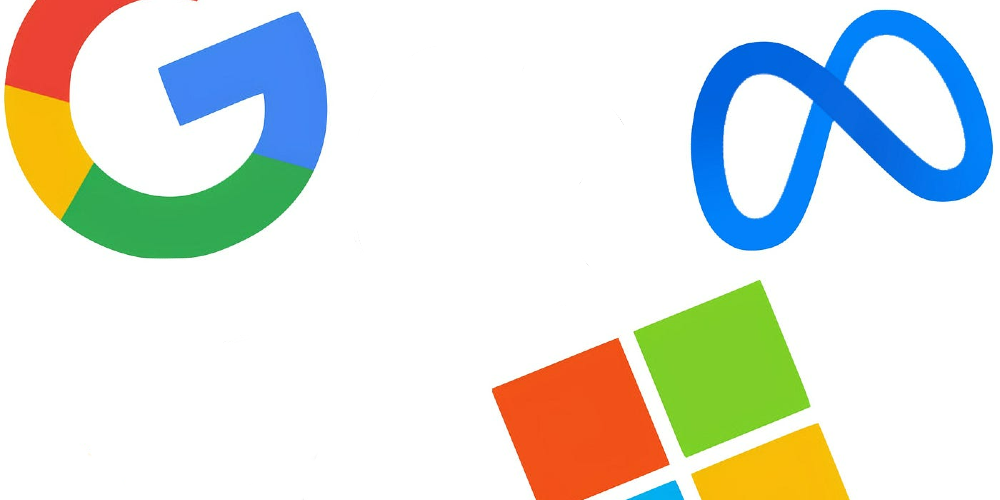The European Union has turned its regulatory gaze toward some of the biggest technology companies globally, putting forward a new set of rules under the Digital Markets Act (DMA). The DMA, which is expected to be a game-changer for Big Tech, is targeting 22 services, coined as "gatekeeper" services, offered by six prominent tech firms. These companies, namely Alphabet, Amazon, Apple, Meta, Microsoft, and ByteDance, the owner of TikTok, now face a significant challenge to their established business models.
The DMA aims to level the playing field between these technology behemoths and their smaller counterparts. Seen as a legislative companion to the Digital Services Act (DSA) which imposes greater responsibilities on tech firms concerning the content disseminated on their platforms, the DMA seeks to boost access to and compatibility of services in Europe. The tech giants have been given a six-month window to comply with the DMA's provisions. Under this new act, a company is considered a gatekeeper if they have over 45 million active monthly users and a market capitalization exceeding 75 billion euros, which equates to about $82 billion.
The DMA is demanding substantial changes from these gatekeeper companies. For instance, they are required to ensure their messaging apps are compatible with those of their competitors. Users should also be given the freedom to choose which apps to pre-install on their devices. Alphabet's Google led the pack with the most number of services, such as the Android operating system, Maps, and Search, which are now subject to stricter regulations. Meta's Facebook, Instagram, Marketplace, and WhatsApp also qualified as gatekeepers.
For companies that fail to comply with the DMA, the penalties can be severe, with fines of up to 10% of their annual global turnover for violations. Gatekeepers have the option to request an interim measure to suspend the application of these rules, but this would necessitate launching a legal case in the EU Court of Justice in Luxembourg. The introduction of this new regulation has provoked a mixed response from the affected companies.
Microsoft has accepted its gatekeeper designation. However, Meta, Google, and Amazon claim they are still reviewing the designations. Apple and TikTok have shown resistance. The latter expressed disappointment that no market investigation was conducted prior to this decision, while Apple voiced concerns about the privacy and data security risks the DMA poses for their users. The company had earlier expressed apprehension that the DMA could lead to increased app installations outside of Apple's App Store, a practice known as "side-loading."
In conclusion
The DMA represents a significant shift in the EU's approach to regulating Big Tech. While some companies have accepted their new gatekeeper status, others have expressed disagreement or concern. It remains to be seen how these companies will adapt to the DMA's requirements over the next six months. This act is undoubtedly a bold step by the EU to rein in the dominance of Big Tech and promote competition within the digital market space. It serves as a testament to the EU's commitment to ensuring fair play and equal opportunities for competitors of all sizes in the digital marketplace.

Leave a comment
Your comment is awaiting moderation. We save your draft here
0 Comments